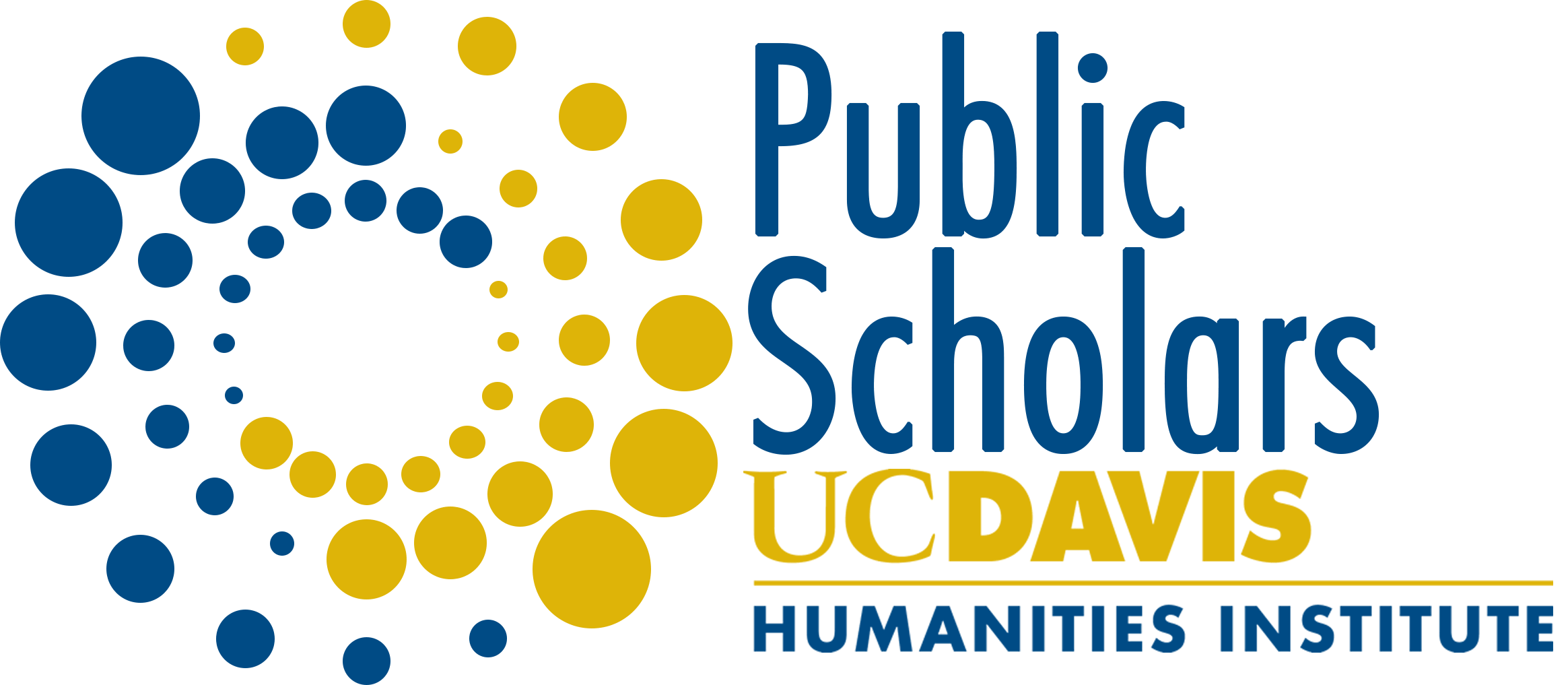What can I do over a summer?

I’d love to say that there is SO much I can do over a summer (and truly, there is a lot we can get accomplished), but the reality is, there are hurdles and delays that complicate our time commitments.
However, despite the hurdles, it doesn’t mean I can’t be optimistic. Right now my plan is to collect oral histories and interviews as I can. My original proposal stated that my goal is 50-100 interviews over the summer, but knowing what I know now about how much work it really takes to conduct not only a quality interview, but to make sure it is ready for analysis (i.e. transcription, formatting so that it is readily usable in programs like Nvivo or Dedoose, etc.), I think I can conduct between 20 and 30 during the summer.
I think one of my main hurdles is going to be recruitment. Given that I am targeting a marginalized population (undocumented immigrants), especially in times like today when there is a lot to fear regarding their safety and security, I’m wary of whether respondent/snowball sampling is enough to get me the numbers I need. This presupposes my developing of a rapport with my partner organization (Migrante 707), as they will be the ones to help me get to the people I need.
Another hurdle I’ll have to overcome will the the IRB. Despite my expertise (I used to be employed with the UC Irvine IRB), I am wary of my two conflicting goals: First, is the public oral history component. These interviews will be recorded for archiving purposes, and made available so that the stories and journeys of the undocumented can be used to inform and help others learn of the lives they lead. On the other hand, as a researcher, I want to be able to get the data I need to learn valuable lessons that might not be apparent from a “simple” collection of oral histories. From the IRB’s perspective, I need to protect my subjects at all costs, and one way of doing so is through providing them with anonymity.
I might have to come to terms with divorcing my research perspective from my public sociology perspective, especially in the context of the Mellon Public Scholars Program for this summer.
I do, however, believe wholeheartedly that this work will continue far beyond the summer work I do for the MPS Program. This is only the beginning, and just because I can’t do research now doesn’t mean the opportunity has gone away.
